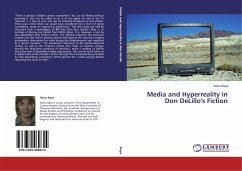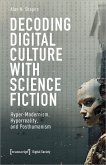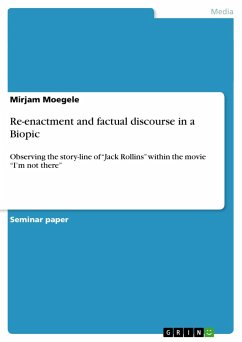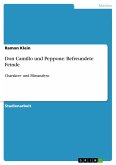There is always a hidden camera somewhere. You can be filmed without knowing it. You can be called to act it all out again for any of the TV channels. [ ] Any of your acts can be instantly broadcast on any station. There was a time when we would have considered this a form of police surveillance, today we regard it as advertising. This text could very well be extracted from a monologue of Bill Gray from Don DeLillo s Mao II, or perhaps of Murray Jay Siskind from White Noise. It is, however, a text by Jean Baudrillard (The Perfect Crime). The affinities between the American novelist and the French theorist extend well beyond the way they imagine postmodern alternatives for what during the Enlightenment was regarded as a grand narrative. The permanent references to the media-saturated society, as well as the frequent ironies that mask an obvious critique toward the ubiquitous presence of television, make a reading of DeLillo along the lines of Baudrillard visibly appropriate. The current book takes an in-depth look at Don DeLillo s fiction through the conceptual lens provided by Jean Baudrillard, providing a fertile ground for a wide-ranging debate regarding the work of both.







